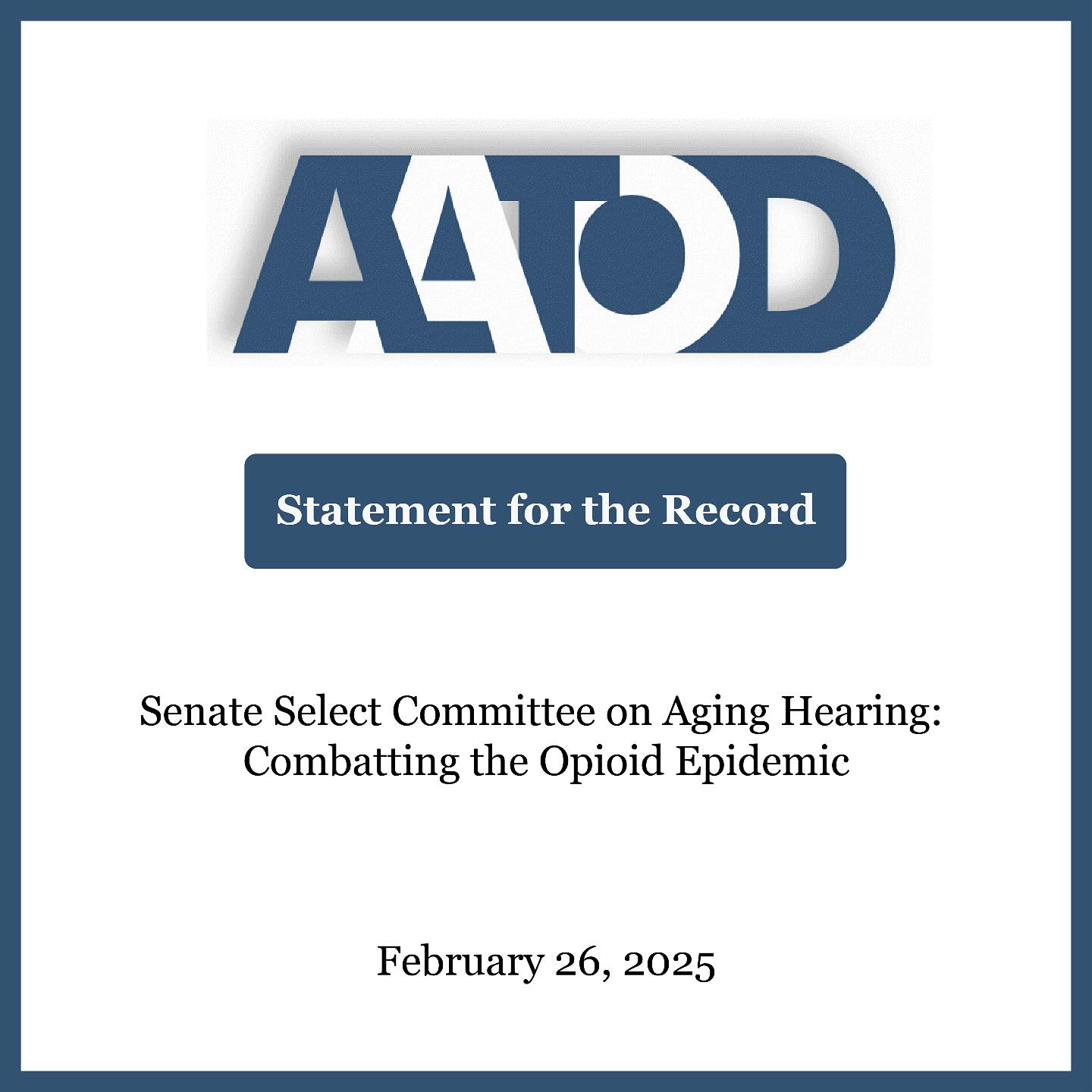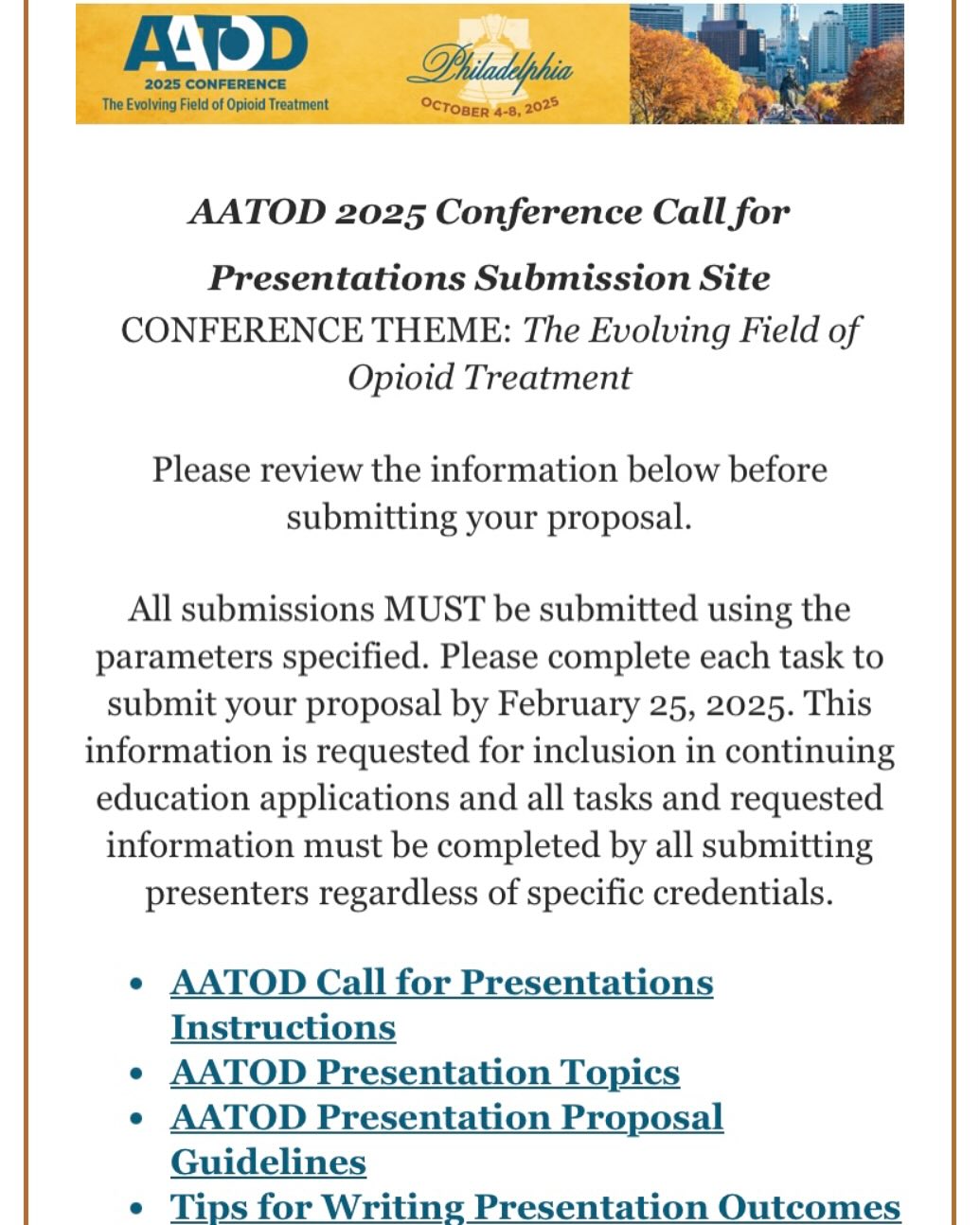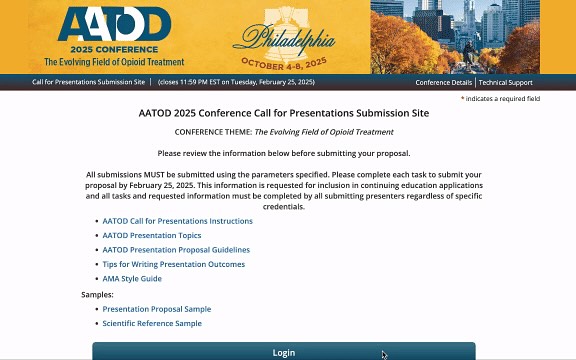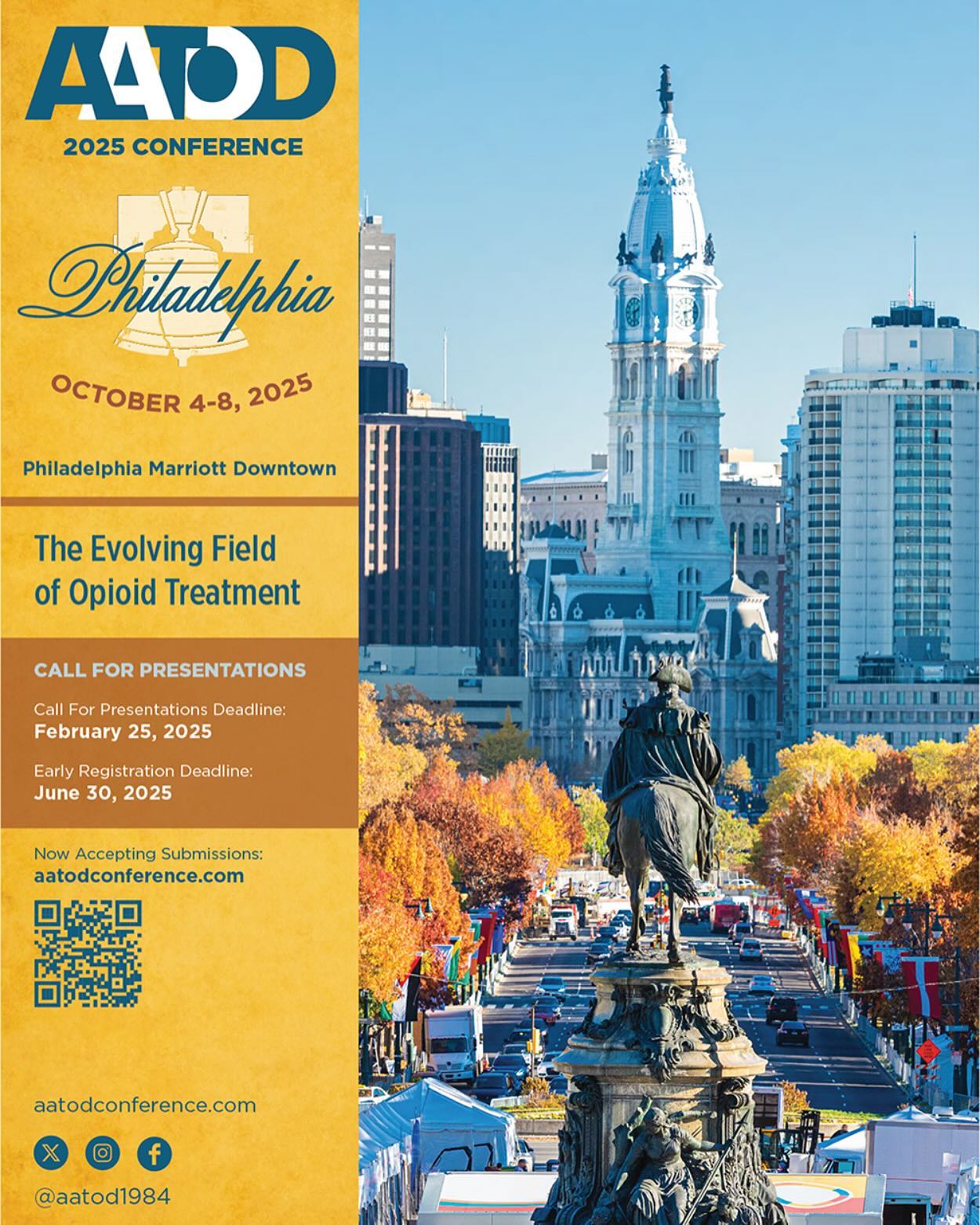As many of you know, SAMHSA has released a new amendment to the federal confidentiality rule. This rule will take effect on August 14, 2020. One of the more salient changes permits Opioid Treatment Programs (OTPs) to share patient identifying information with state Prescription Drug Monitoring Programs (PDMPs), if required by state law. It is important to keep in mind that PDMPs and state reporting requirements will be different from one state to another.
AATOD is referencing a significant point made in the new SAMHSA regulations: “OTPs are permitted to enroll in a state Prescription Drug Monitoring Program (PDMP) and are permitted to report data into the PDMP.” We interpret this change to permit – but not require – OTPs to report data to the PDMP if required by state law and authorized by patient consent. If a patient chooses not to provide a written consent, then the OTP cannot share information with the PDMP.
AATOD anticipates that individual PDMPs will have their own interpretations of how to use this final rule to obtain OTP patient data. This is likely to become a state-by-state issue. Accordingly, OTPs should check with their respective PDMPs or State Opioid Treatment Authority to determine if they are expected to report patient data. If it is determined that OTPs are not expected to report such patient data, then obtaining a written consent from the patient would not be necessary.
It is critically important for OTPs to inform their patients that:
- Once such information is provided to the PDMP, it cannot be taken back;
- PDMPs share information with law enforcement agencies with the exception of Indiana and Nebraska. Pennsylvania has limited authority to share patient information with state level law enforcement;
- PDMPs also share information with other healthcare and non-healthcare organizations, including Drug Courts, Medicaid Drug Utilization and Review entities, medical interns/residents, prosecutors, regulatory/licensing boards and state health departments to cite a few; and
- Patients are not required to consent to the disclosure.
Patients should have this information so they can make an informed decision before signing the consent form. Accordingly, OTP managers should be informed about these regulatory changes as well.
Our interests are always to protect the confidential treatment that our patients receive and we appreciate the fact that patient consent is required in order to share such information.
Legal Action Center Sample Forms
______________________
1 Confidentiality of Substance Use Disorder Patient Records, Final Rule, 85 Fed. Reg. 42986 (July 15, 2020) (to be codified at 42 CFR Part 2), https://www.federalregister.gov/documents/2020/07/15/2020-14675/confidentiality-of-substance-use-disorder-patient-records. 2 Id. 3 https://www.hhs.gov/about/news/2020/07/13/fact-sheet-samhsa-42-cfr-part-2-revised-rule.html.






























